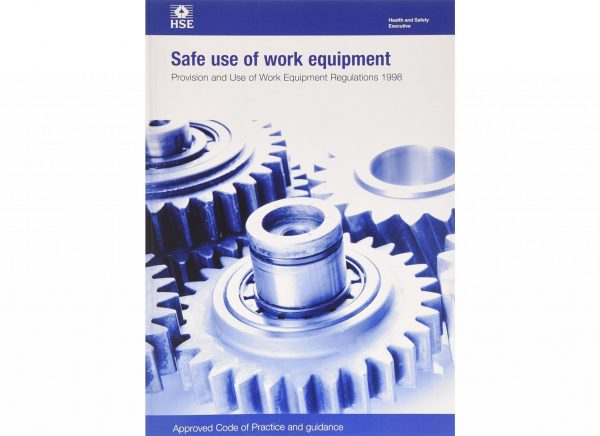What is PUWER?
PUWER stands for the Provision and Use of Work Equipment Regulations 1998. The regulations deal with the work equipment and machinery used in every day workplaces and aims to keep people safe wherever equipment and machinery is used at work. PUWER replaced the Provision and Use of Work Equipment Regulations 1992, carrying forward the existing requirements with a number of changes and additions.
What does PUWER do?
PUWER regulations apply to work activities throughout the whole of Great Britain and also to offshore installations such as oil rigs and gas supply platforms. It’s not just large businesses that are subject to the Regulations, if you use or control work equipment, or if you’re self-employed operating for profit or not, then you have legal obligation to follow them.
However, the regulations do not refer to equipment used by the public, which comes under Health and Safety at Work etc Act 1974. It also does not apply to those who have supplied or sold equipment, in this case it’s up to the purchaser of the equipment to make sure that it is specified, installed and used so that it does not present a risk to those at work.
The groups covered by PUWER include:
- Employers
- Self-employed people and the equipment they control or use
- Those who are employed to supervise or manage the use of the equipment operated by others
PUWER Training
As well as the equipment, the regulations focus on the knowledge, training and experience of the user. For example, with high risk machinery such as power presses, it is required that the equipment is examined and tested by a ‘competent person’ before they are put into use for the first time and then every six or twelve months depending on the types of guard fitted. Machine users are also required to carry out an inspection and test of the safety devices every day the press is used to ensure that it is safe to use.
PUWER also requires that all equipment used in the workplace has either been constructed or adapted so that, in the conditions in which it is to be used, it does not pose an unacceptable risk to people’s health and safety. Questions to ask yourself about equipment include:
- Will it work and be safe as it is?
- Will it have to be adapted in some way?
Risk Assessment
You have a legal obligation to protect yourself and your workers when using machinery or equipment, which should be done by carrying out a risk assessment involving:
- Identifying hazards and making a note of anything that can cause harm
- Assessing risks by considering the chance of harm actually being done (this helps you to work out what action to take to eliminate and reduce those risks)
- Eliminating and reducing the risks by asking yourself whether it’s possible to eliminate any of the risks, perhaps by working out different ways of doing things
- If it’s not possible to eliminate all the risks, listing ways to reduce them and identifying the precautions to take





